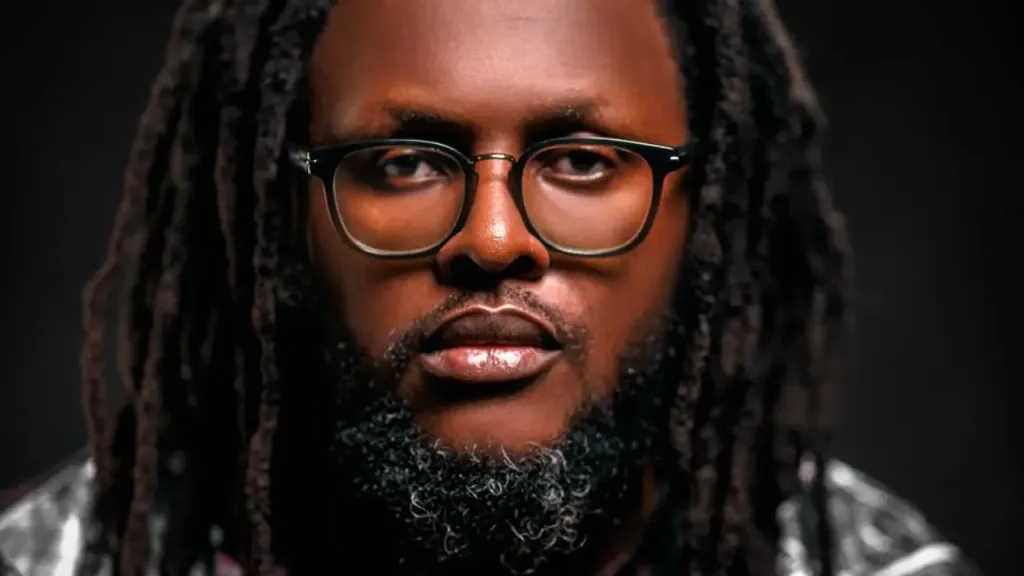Nigerian music director Clarence Peters has shared a deeply personal reflection on forgiveness, family, and self-awareness, revealing he forgave his father, legendary Afro-juju musician Shina Peters, after recognizing patterns in their shared mistakes. Speaking on the Afropolitan podcast, the 41-year-old filmmaker, known for shaping the visuals of West Africa’s music scene, credited this realization as the catalyst for his emotional maturity.
Peters explained that a pivotal moment in 2014 or 2015 reshaped his perspective on his father’s legacy. “I made every single mistake my father made,” he admitted, attributing the less severe consequences of his own missteps to modern advancements. “Time and tech saved me from it being as catastrophic as his own.” This acknowledgment, he said, led to an immediate forgiveness that preceded any direct conversation with his father. “That was when I became an adult,” he stated, emphasizing that personal growth remains an ongoing process.
The director’s family background adds layers to his introspection. Born to Shina Peters and veteran Nollywood actress Clarion Chukwura, Peters previously disclosed that his mother initially considered terminating her pregnancy. Chukwura reportedly changed her mind after becoming convinced her son embodied the spirit of her late father, who died when she was 11. This revelation, coupled with Peters’ candidness, underscores the complexity of his familial relationships.
In a February 2025 interview with media personality Chude Jideonwo, Peters acknowledged tension in his parents’ past but refrained from condemnation. “I would have loved to judge my dad for how he treated my mother, but I’m not in a position to,” he said. He also admitted to consciously striving to avoid replicating his father’s approach to romantic relationships, though he conceded, “I’m not perfect.”
The filmmaker’s reflections resonate amid broader discussions about intergenerational trauma and accountability in African families. His journey highlights how confronting inherited behavioral cycles—while grappling with cultural expectations—can forge pathways to reconciliation. As Peters’ career continues to spotlight African artistry, his personal narrative offers a parallel commentary on the evolving dynamics of legacy and self-discovery.
